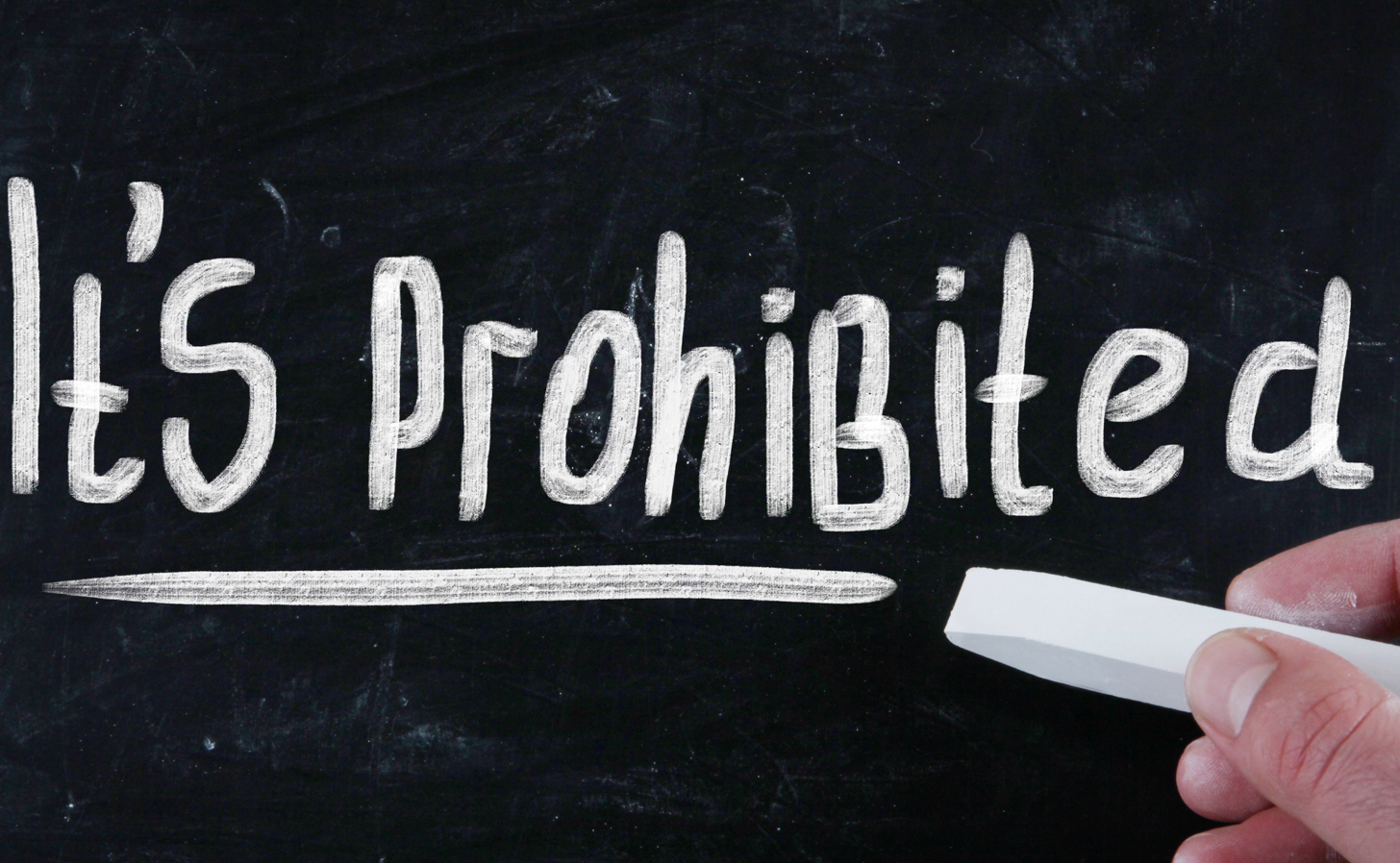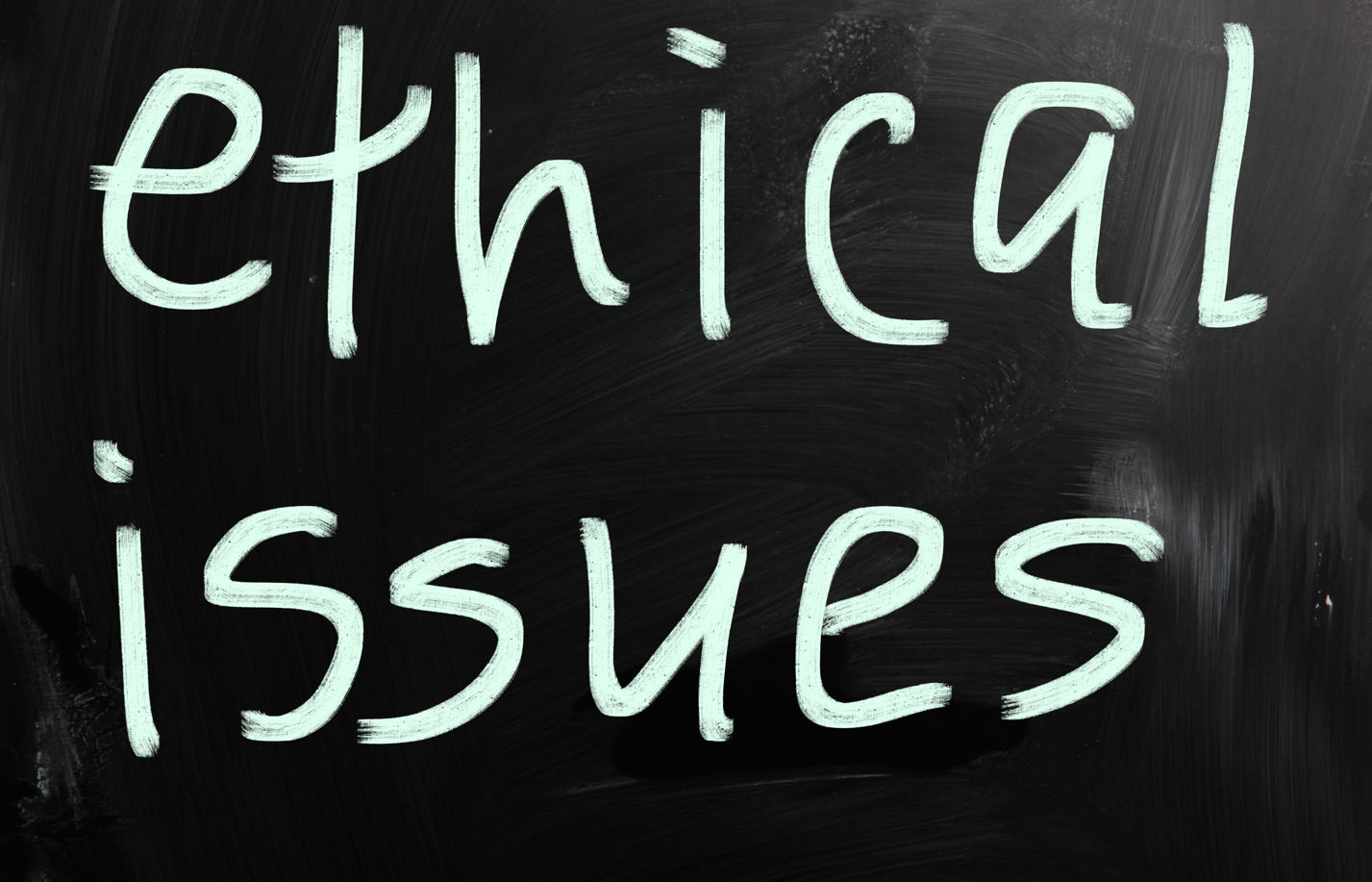
by John McCarthy Consulting Ltd. | Nov 15, 2021 | Blog, News
Recent blogs have dealt with some of the changes to the Ethical Standard for Auditors and to ISQC1 some important changes have occurred. We wrote on:
- This week we want to highlight two more important changes to Section 5 of the Ethical Standard dealing with certain Non-Audit Services which are banned from 15 July 2021. These changes apply to all audits, both private and listed entities. These changes came into effect from 15 July 2021. The words in bold are what’s new since the 2017 version
- Recruitment ban: Paragraphs 5.94 and 5.95 now state:
5.94 ‘The firm shall not provide recruitment services to an entity relevant to an engagement, that would involve the firm taking responsibility for, or advising on the appointment of any director or employee of the entity, or a significant affiliate of such an entity, where the firm is undertaking an engagement.’
5.95 ‘The firm shall not provide advice on the remuneration package or the measurement criteria on which the remuneration is calculated, for any director or employee of the entity, or a significant affiliate of an entity relevant to an engagement.’
Prior to this ban, recruitment could have been carried out in certain limited circumstances and within certain safeguards being implemented.
- Internal audit ban: Paragraph 5.48 now states ‘The firm shall not provide internal audit services to an entity relevant to an engagement or a significant affiliate of such an entity, where the firm is undertaking an engagement’.
Prior to this ban being introduced, the 2017 version of the Ethical Standard for Auditors, internal audit services were permitted in certain circumstances, while other internal audit services were not. Now the ban is across the board.
Prior to this ban being introduced, the 2017 version of the Ethical Standard for Auditors, internal audit services were permitted in certain circumstances, while other internal audit services were not. Now the ban is across the board.
For more details and implementation support on these changes, please refer to our just published Audit Quality Control Manual (implementing the latest Irish Audit & Accounting Supervisory Authority standards including ISQC1 on audit quality control). View the Table of Contents here.
We also have an up to date Anti-Money Laundering Procedures Manual (September 2021) – View the Table of Contents here.

by John McCarthy Consulting Ltd. | Nov 8, 2021 | Blog, News
As we mentioned in last week’s blog, we are writing a series of blogs on the recent changes to the Ethical Standard for Auditors that have been become effective since 15 July 2021 and some changes to the ISQC1 ‘Quality Control for Firms that Perform Audits and Reviews of Financial Statements, and other Assurance and Related Services Engagements’.
IES 8
There has also been a change in the scope and emphasis of the International Education Standard 8 (IES 8), which focuses on the reflection and planning of Audit Partner’s training requirements, under 14 competency headings. IES 8 is issued by the International Accounting Education Standards Board (IAESB) sets out the competencies that you are expected to have if you are a responsible individual (RI), which the standard refers to as an ‘engagement partner’. The 14 competencies are too numerous to mention here – but they can be accessed at this link.
In brief terms the Audit Partner must:
- Reflect on what your CPD needs are
- Act – carry out the CPD activity or activities you have planned
- Impact – subsequently evaluate whether the plan was achieved and adjust if necessary
- Declare – be able to demonstrate with appropriate records that the required CPD has been fulfilled.
The ICAEW actually calls this the ‘RAID’ acronym – to make it easier to remember.
Reporting Breaches
From 15 July 2021 the Ethical Standard for Auditors (paragraph 1.21) requires audit firms to file annual reports of breaches of the Ethical Standard on a calendar year basis:
Where no breaches have occurred, ‘Nil’ reports are not necessary. The first reports will be due for the period 15/7/2021 to 31 December 2021. At the time of going to press, ACCA and Chartered Accountants Ireland have issued guidance on the correct approach and format of the reports.
An example of such a reportable breach would be where an audit firm is obliged to have an Engagement Quality Control Review (EQCR or hot file review) carried out, and did not do so, this would be a reportable breach.
For more details and implementation support on these changes, please refer to our just published Audit Quality Control Manual (implementing the latest Irish Audit & Accounting Supervisory Authority standards including ISQC1 on audit quality control). View the Table of Contents here.
We also have an up to date Anti-Money Laundering Procedures Manual (September 2021) – View the Table of Contents here.

by John McCarthy Consulting Ltd. | Nov 1, 2021 | Blog, News
Recent changes to the Ethical Standard for Auditors in Ireland mean that there is much less chance of auditing being a dull profession! The changes are the first to arise since the previous standard was issued in April 2017 and, following representations from the professional bodies, were postponed by over a year to allow for the impact of Covid-19.
Over the course of the next few weeks, we will be writing a number of blogs on the changes to the Ethical Standard for Auditors that have become effective since 15 July 2021 and as time moves on, implementation and the implications of these changes becomes more and more important , especially where they are not fully appreciated at the outset.
The first of these changes that we want to speak about is the change in emphasis of the definition of the ‘Reasonable and Informed Third Party’ (‘RITP’) which is a test of auditor independence.
This test applies especially at the planning stage but also, all throughout the audit, when the auditor is considering the independence of the audit firm and the audit team. Ethical Standard 1 now requires consideration of independence matters to be evaluated by reference to the perspective of an objective ‘RITP’.
The new definition of the ‘RITP’ refers to third party stakeholders which include, for example, the Revenue Commissioners, suppliers, customers, employees, management and shareholders of the audited entity. The previous definition referred to the ‘RITP’ as another audit practitioner. The change in emphasis could become a little more rigorous and challenging in certain circumstances.
There has also been a change in the scope and emphasis of the International Education Standard 8 (IES 8), which focuses on the reflection and planning of Audit Partner’s training requirements, but more on that next week.
For more details and implementation support on these changes, please refer to our just published Audit Quality Control Manual (implementing the latest Irish Audit & Accounting Supervisory Authority standards including ISQC1 on audit quality control). View the Table of Contents here.
We also have an up to date Anti-Money Laundering Procedures Manual (September 2021) – View the Table of Contents here.








